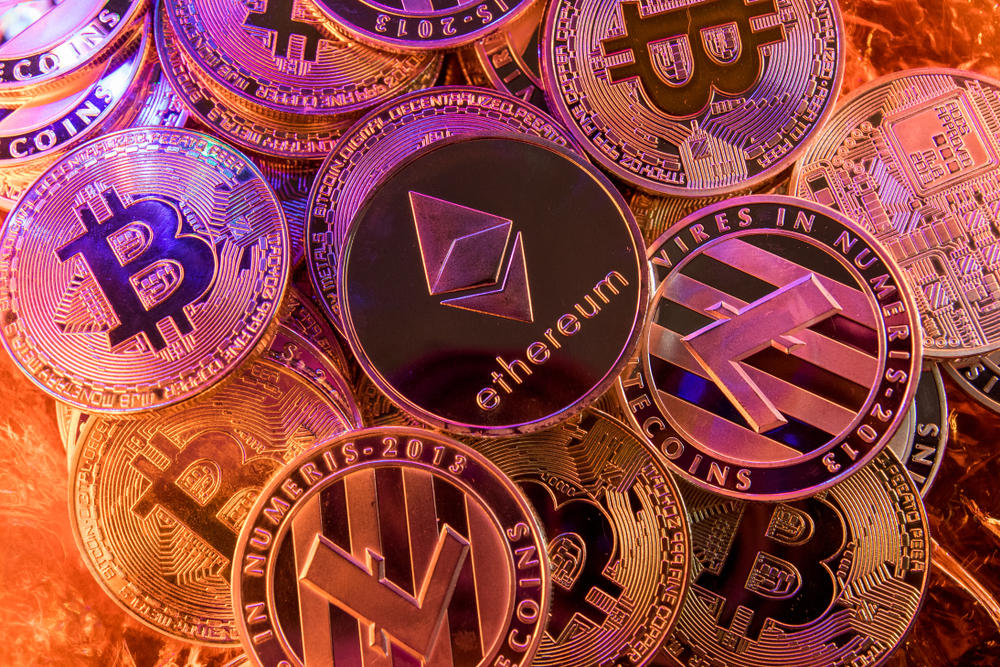The latest study by on-chain data platform, Chainalysis shows that in 2022, scammers transacted approximately $4.6 billion worth of cryptocurrency. According to Chainalysis, the scammers obtained them through fraudulent schemes, which saw them releasing more than 1.1 million tokens.
Rug Pull, Pump, And Dump Prevalent In The Crypto Sector
Chainalysis’s study indicates that around 25% of these cryptocurrencies exhibited “pump and dump” tendencies. As a result, the creators of such tokens enticed crypto users into investing in them.
Moreover, exchange transactions show that 41,000 of the 1 million coins in the crypto space do not affect the market. A “pump and dump” or “rug pull” is a form of cryptocurrency fraud.
When a sufficient number of regular individuals invest in a cryptocurrency, market manipulators execute a “rug pull” scheme by selling their tokens and absconding with the investors’ funds. In a recent report, Chainalysis analysts noted that “pump and dump” schemes have also become prevalent in cryptocurrency.
This phenomenon should not surprise crypto users as the market is usually volatile. Years ago, Chainalysis conducted a study on pump-and-dump schemes in the cryptocurrency market from January 2018 to July 2019.
The platform analyzed 175 fraudulent occurrences. The research showed that these schemes produced over $825 million in trading activity.
From January 1st, 2021, to March 31st, 2022, more than 46,000 people reported instances of cryptocurrency fraud. This resulted in a purported loss of $680 million to fraudsters within the period under review.
In the first quarter of 2022 alone, fraudsters made off with about $329 million.
Why Do Rug Pulls Persist?
According to researchers at Chainalysis, the prevalence of rug pulls can largely be attributed to the ease with which malicious actors can release new crypto. Also, these actors artificially inflate the price and market capitalization of these tokens “on paper” by manipulating the initial trading volume and controlling the supply in circulation.
The researchers revealed that during 2022, more than 10,000 tokens, accounting for 25% of all tokens released, suffered a price decline of 90% or more during their first trading week. They noted that anonymity in crypto makes identifying those behind such tokens difficult.
Meanwhile, several fraud charges, such as that of Celsius and FTX, have greatly impacted the crypto market. Chainalysis’ recent study on crypto scams provides little assurance to the public regarding their trust in the crypto sector.
Last month, the US Federal Deposit Insurance Corp (FDIC), the Office of the Comptroller of the Currency (OCC), and the US Federal Reserve released a joint statement asserting that authorities must now allow the dangers linked with crypto to expand throughout the broader financial system.
In 2022, Washington’s Crypto Council for Innovation conducted a national poll regarding crypto scams. From the result, the majority of participants who were crypto holders are seeking protection from fraudsters.
